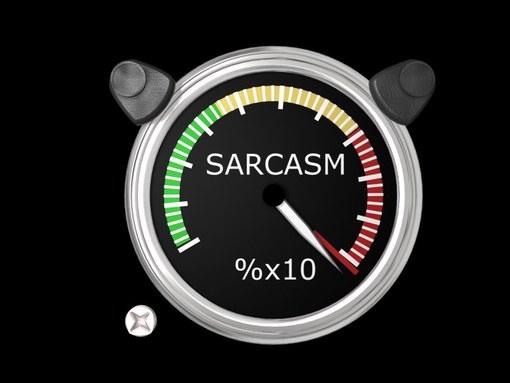Interesting topic. Spending my whole life in NC, two things are true:
1) People assume the ICW will always be there
2) You will always hear stories about the funding being pulled, but someone always seems to find a way to get it funded
However, the political climate has changed and it is unclear what the future will hold. With the huge federal tax cut on the horizon, it my be that the states could lose federal funding for maintaining the ICW. Could the states keep up? Would they even be willing to? Georgia doesn't seem to put a high emphasis on keeping it up, but Florida does. Would it eventually become a fee-based canal? Would the amount of traffic even be enough to fund the amount of dredging it will take to keep a controlled depth? Would it be unpopular to add an ICW fee (or tax) to boat owners? What about those boats that don't use the ICW or only use it infrequently? Would that be fair?
I will be honest, I don't have enough info to even speculate as to where we go from here. I know it is a complex problem to solve. However, it really doesn't look good at the moment. Unless the dredging of the ICW gets defined as a military priority, it is likely the states are going to be left holding the check and I am pretty sure they will want us rich yacht owners to pay our share.

